New online:

New online:

A tribute by the Boston Chamber Symphony to a sorely neglected US composer.
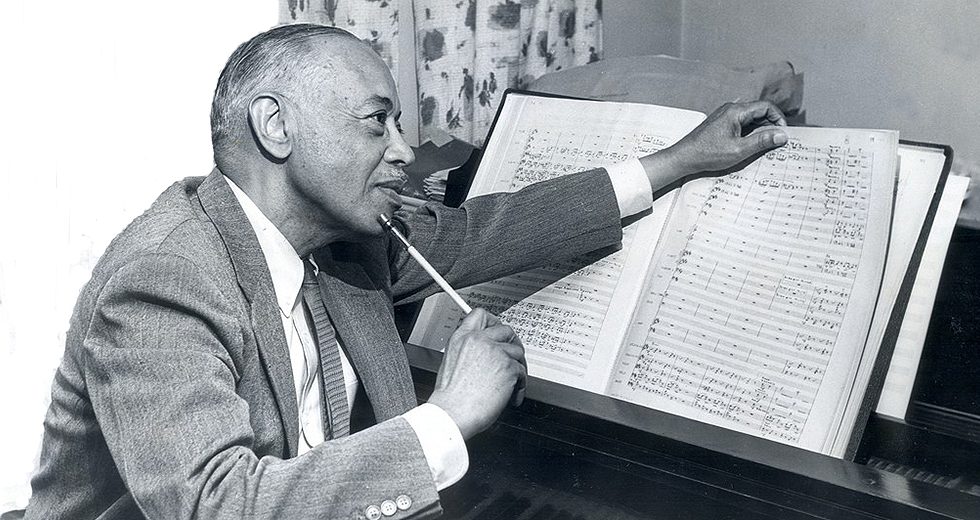
A new film about the great Estonian, who is 85.
He doesn’t say much but each word is precious.
Watch here.

When Beethoven met Goethe.
You won’t hear a more gripping reading than Tennstedt’s.

A new article by composer Daniel Kildane on behalf of PRS Music:
2020 was a challenging year, not only because of a global pandemic but also because it was a year that vividly highlighted the racial inequalities that still exist in the UK. Learning that black and minority ethnic groups are at higher risk of dying from COVID-19 compared to people of white ethnicity filled me, as a person of mixed black and white heritage, with real alarm. It was further worrying to learn that the increased likelihood of death was linked to societal inequalities and discrimination. Delving into Health Foundation analysis, the extent to which black and minority ethnic groups make up a disproportionately large share of high risk ‘key workers’ was eye opening (a point I’ll revisit). Then came the slaying of George Floyd in America, which ignited Black Lives Matter protests across the globe.
Fast forward to the start of 2021, when I had the chance to look at UK Music’s latest Diversity Report. Examining the figures relating to ethnic minorities in music related workforces, Black, Asian and ethnic minority representation descends the higher up the job ladder one goes: 42.1 percent at apprentice/intern level, 34.6 percent at entry-level, 21.6 percent at mid-level and 19.9 percent at senior level. I could not help but draw comparisons between the glass ceilings faced by Black, Asian and ethnic minority people in employment and demographic, geographical and socioeconomic inequalities. For me, the coronavirus pandemic brought the inequalities in my own industry into sharp focus.
As a young composer I remember attending a talk given by a senior figure from a prominent British music publisher. The talk was specifically about how to get published and advice was given to the group of eager listeners as to what they should be doing to have a shot at being published. Have your works performed by respected orchestras, collaborate with well-known conductors and be recognised in your field, were all points that were mentioned. Some years later, I learnt that this publisher had published the work of a very successful stock market investor, who adhered to none of the mentioned requirements. It was at this point that the nepotism within the industry, that never really gets talked about openly when you’re a student, truly hit home. On the flipside, I am continuously being invited to talks, debates and symposiums relating to the lack of diversity in classical music. What we should really be genuine about are the current bad practices in place that ensure that any attempts at promulgating diversity within the music industry are challenged. One cannot be inclusive if the only space you are willing to include minoritised communities is in conversations about inclusion.
The toppling of the statue to the slaver Edward Colston in Bristol, amid the Black Lives Matter protests, was among last year’s most potent images. Reading the views of some colleagues on social media, one of whom is a pedagogue at a London conservatoire, about the way change was being affected was illuminating. It was astonishing to see the number of people who were totally unwilling to understand the reasons why people around the world had had enough. The debates that ensued regarding statues being a mark of history, was to me a weird one, perhaps because I can relate to people being affronted by a statue of a slave trader standing in a UK city in 2020. Yet, when we look at the debate around Brexit and the difficulties it has brought about for many touring musicians, the resounding response from most colleagues is a negative one towards the constraints now in place. But if we look back to a time before the current situation, many a centre-left musician failed to confront the increasingly toxic discourse around migration until it was too late. The point I am trying to make is that if we want classical music to survive and thrive moving forward, it is crucial that the industry becomes more inclusive and representative at all levels now, not tomorrow.
Some organisations are taking the call to change seriously and have started taking tangible action. Last year I joined the Ivors Academy Board after composer Stephen McNeff made the conscious decision to stand down from the Board, to support the Academy’s commitments to championing equality, diversity and inclusion. PRS Foundation’s Power Up initiative launched to specifically tackle anti-Black racism in music and Hal Leonard Europe announced the appointment of an external advisory group to focus on equality, diversity and inclusion. As with all things, time will be the judge of the success of these initiatives, but they definitely feel more genuine than posting black squares on social media along with catchy hashtags.
I increasingly believe that making it is finding the voice to fight for your art, even if you have to step on a few eggshells along the way. The sooner that gatekeepers realise we are all in this together and that we need to sort out our issues relating to equality and diversity now, the faster we can work toward other issues and stop allowing our collective culture to be trod on.

The Australian-based German Johannes Fritzsch has just been named principal conductor of the Queensland Symphony Orchestra. He succeeds the Mexican Alondra De La Parra, whom he preceded.
Fritsch is married to a former concertmaster of the Australian Opera and lives in Hobart, Tasmania.
Local batons are the way Australia is heading. The Sydney Symphony has Simone Young, Adelaide Symphony has Nicholas Carter, Perth lists Jessica Gethin as its conductor, Melbourne, which is vacant, is mostly conducted by local lad Benjamin Northey. Canberra has Jessica Cottis.
An Australia-first policy makes sense in the Covid and post-Covid landscape. Other nation-states will follow suit.
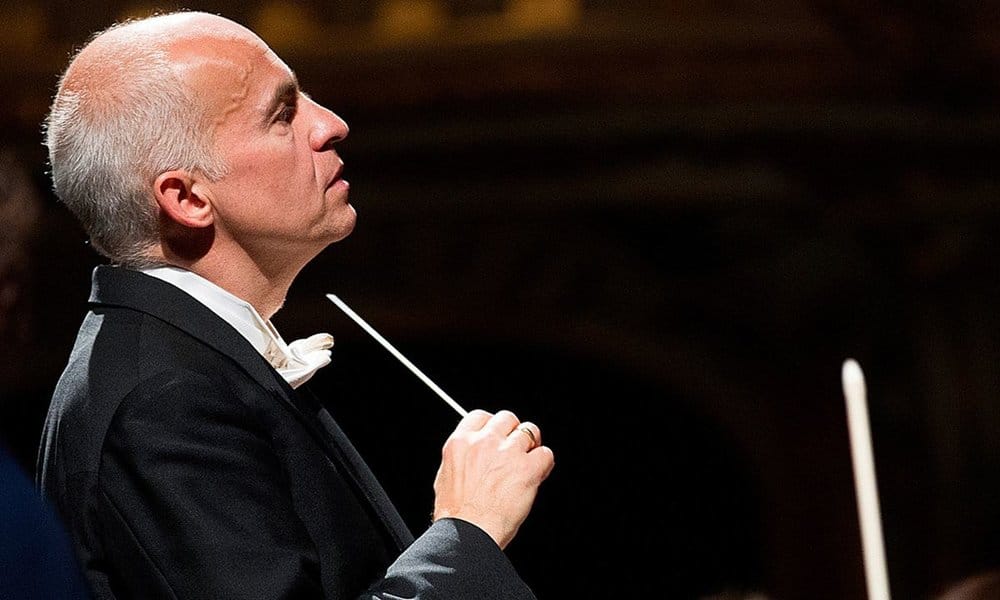
Martha is playing Ravel with the Hamburg Symphony at 6pm UK time tonight, 1pm New York.
Watch free live stream here.

The Mikhailovsky Theatre in St. Petersburg today named Alevtina Ioffe as its music director effective immediately.
Ioffe, 41, has previously been with the Natalia Sats Children’s Musical Theatre in Moscow.
Russia’s Minister of Culture Olga Lyubimova says: ‘Ms Ioffe will keep her professional relations with the Natalia Sats Children’s Musical Theatre [in Moscow], and at the same time she will become a part of another major theatrical project [Mikhailovsky Theatre] in the very heart of our cultural capital [St. Petersburg]. We do hope that this collaboration will bring new creative ideas to life. Her rich experience in creating children’s repertoire will be particularly useful. Nowadays, theatres pay special attention to this sphere, and
I am sure that the Mikhailovsky Theatre is acquiring an excellent conductor, moreover a woman – a rare case for the profession – capable of both preserving traditions and unlocking the high potential of the company.’

UPDATE: The only other woman conductor in Russia was Veronika Dudakova, who led the Moscow State Symphony Orchestra from 1947 to 1991.
A Bulgarian pianist, Emanuil Ivanov, studying for a BMus degree at Royal Birmingham Conservatoire, will play a live-streamed solo recital from Teatro alla Scala on Saturday 27 February.
No pressure, then.
Emanuil won first prize at the Ferruccio Busoni International Piano Competition in September 2019.
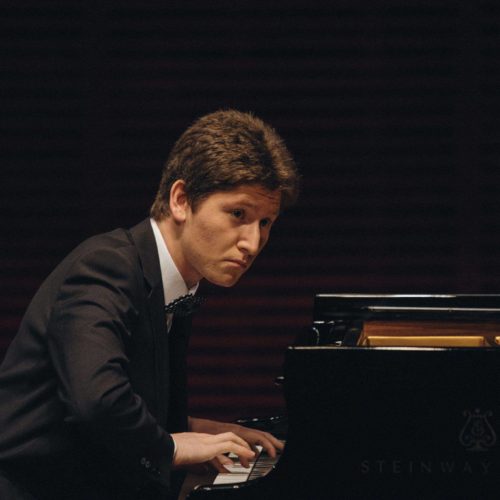
The independent Hungarian site Fidelio reports that the future of the Budapest Spring Festival is doubtful. The Hungarian government has refused to renew the current contract for the organization of the festival with the municipality of Budapest. The contract expired in December.
This comes after Gergely Karácsony, prominent figure of the Hungarian opposition became mayor of Budapest. The Hungarian ruling party, Fidesz is leading a Kulturkampf for years against artists who don’t support their politics.
Budapest stands to lose a 40-year-old cultural fixture.
Read here.
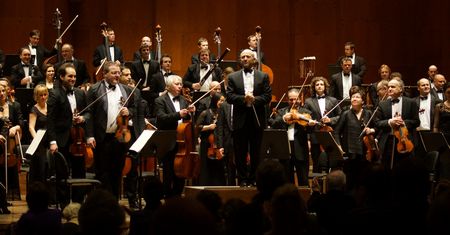
It’s his second birthday without Marta.
We wish him every comfort and hope.

The British prime minister is due to make a statement on Monday, outlining the country’s emergence from lockdown.
The Barbican has jumped the gun by telling patrons it will stay shut through the summer.
Here’s the message customers are getting:
Because of the ongoing uncertainty caused by the pandemic, we’ve decided to cancel all the concerts you’ve booked for that were due to take place between 25 March and 11 July 2021.
To request a refund, to ask for the credit to be added to your account (valid for 12 months), or to donate the value of your ticket, head to https://tickets.barbican.org.
If you don’t set a preference before Thursday 4 March 2021 we’ll automatically refund you.
There has been no official announcement by the Barbican on its extended closure. It’s mayhem down there.
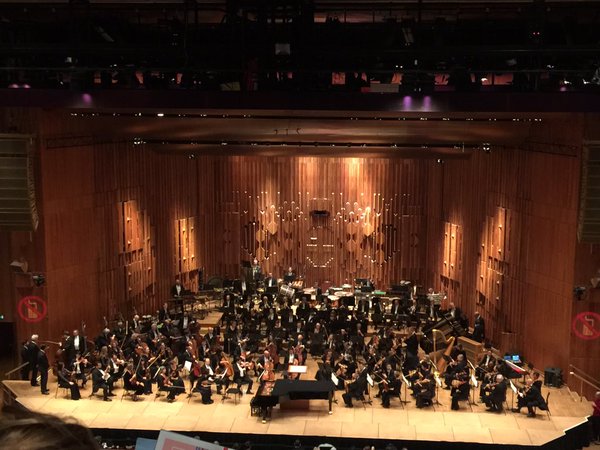
UPDATE: Ten minutes after this post appeared, the Barbican issued the following statement:
The Barbican today announced that its Live from the Barbican concert series will continue after Easter, including rescheduled dates from the postponed Live from the Barbican spring series. This will replace any previously announced concerts between April and July 2021. Full details for Live from the Barbican this summer will be announced in due course.